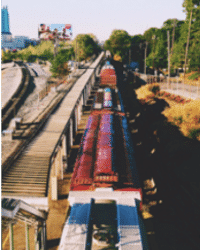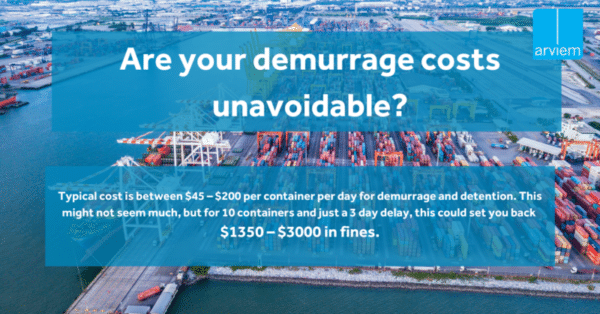In response to the growth of global trade, as our economy is more dependent on the global trade, it is more vulnerable to threats and disruptions caused by increasing terrorism and differing quality standards. As a result, compliance, customs, regulatory and public safety officials have imposed new and complex regulations on trade fulfilment; materials transit management, financial controls and stricter reporting (such as US customs introduced the 24 hour advance manifest rule). Compliance with these regulations requires end-to-end visibility, accurate and timely data capture, custody audit trails and effective control of traders’ global supply chain. As an example: Customs tariffs remain a critical revenue source. In the EU, Excise fraud for alcohol amounts to €1.5B yearly, or approximately 8% of total excise receipts on alcoholic beverages, and VAT fraud is estimated to be 10% of VAT receipts.With such a large exposure, customs around the globe are demanding real-time reliable end to end data. In June 2005, the 166 customs administrations of the World Customs Organization, representing 99 percent of international trade, all signed up to adopt the Framework of Standards to Secure and Facilitate Global Trade (SAFE), a comprehensive set of standards aimed at enhancing the efficiency and security of global trade. As an expected result of the implementation, fraud can be prevented by having real-time reliable data available or similar activities done by different Agencies mutually accepted, which therefore could be shared among trusted trading partners.
WCO SAFE Framework:
http://www.wcoomd.org
EU coherent strategy against fiscal fraud:
http://europa.eu/rapid/pressReleasesAction.do?reference=MEMO/06/221


